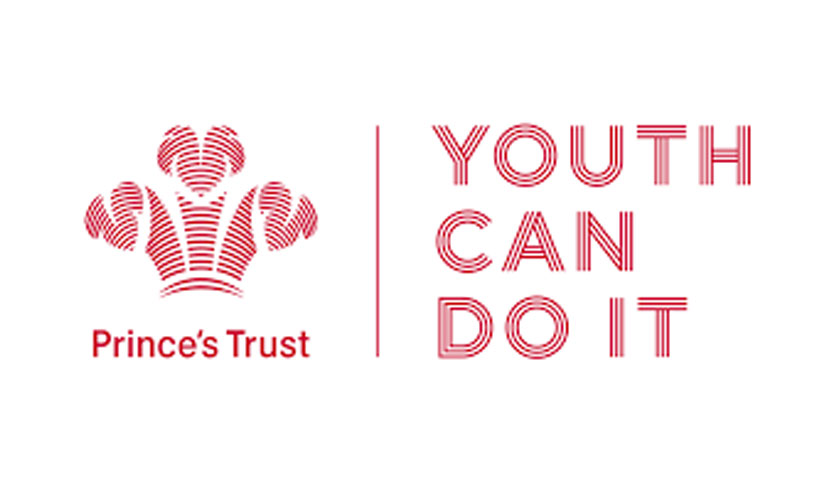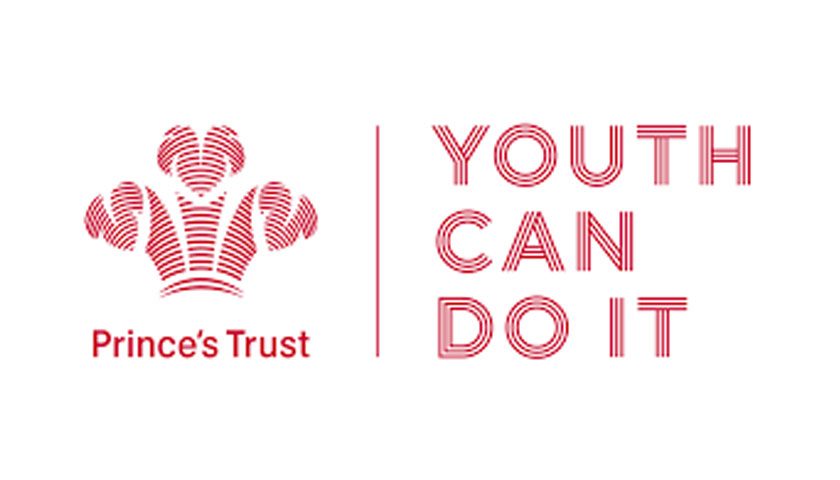The Prince’s Trust NatWest Youth Index 2024 , released recently, finds one in five (21 per cent) young people in the UK have missed school or work in the past year due to their mental health.
Similar numbers (18 per cent) report a mental health issue has stopped them applying for a job or attending an interview (12 per cent) during the last 12 months. Over a quarter (29 per cent) worry their current employer would not support them if they experienced a mental health problem.
The Youth Index is an annual research report based on a YouGov survey of 2,239 16- to 25-year-olds across the UK, gauging young people’s confidence and happiness across a range of areas, from their physical and mental health to money and working life.
The report finds that 40 per cent of 16- to 25-year-olds have experienced a mental health problem, while a fifth (21 per cent) report their mental health has got worse in the last year. Over half (54 per cent) of young people say the cost-of-living crisis and pandemic has had a negative impact on their mental health, with over a third reporting that they always or often feel down or depressed (36 per cent).
More than a third (35 per cent) of young people are worried their mental health will stop them achieving their career ambitions. Two in five (41 per cent) say that worrying about achieving these goals has made their mental health worse.
Despite this, most young people still report that having a job is good for their mental health (62 per cent), enables them to feel confident about their future (68 per cent) and gives them a sense of purpose in life (65 per cent).
This year’s Youth Index shows the overall wellbeing of young people remains low, with happiness and confidence in mental health seeing the biggest decrease compared to other factors over the 15-year history of the research. Happiness in work, education, qualifications and money are at all-time lows, while unemployed 16- to 25-year-olds consistently report the lowest overall wellbeing.
Jonathan Townsend, UK Chief Executive of The Prince’s Trust, said:
This year’s report shows that rising rates of poor mental health are significantly impacting young people’s education and early careers. This is leading to a vicious cycle where poor mental health is having a negative impact on young people’s work, yet being unemployed has a negative impact on their wellbeing – this is a deeply concerning trap.We must work together to address this trap, where poor mental health and employment struggles exacerbate each other, or risk it closing in on a generation. Urgent support is needed from partners, governments and employers to help young people break this cycle.
These findings show that we should not underestimate the impact the pandemic and cost-of-living crisis have had on the daily lives of our young people, their financial confidence and their future aspirations. They also highlight the resilience of the next generation with so many feeling determined to achieve their goals in the face of these challenges.
Through our partnership with The Prince’s Trust, we are able to better understand the needs of young people and take the right action through initiatives like NatWest Thrive, to help them to improve both their financial wellbeing and future confidence, to better equip them to achieve their goals.
Despite the bleak findings, the research also presents a window of hope, as the overwhelming majority of young people tell us they remain determined to achieve their goals. What they require however is practical support and guidance to overcome the challenges they face, particularly as the world of work continues to rapidly change.
As a society, by committing to young people and providing this support, there will be benefit not only to this generation, but to our wider communities and future economy for decades to come.
-
The Prince’s Trust Youth Index has annually monitored the happiness and confidence of 16- to 25-year-olds in various aspects of their lives since 2009. Happiness and confidence with emotional health has seen the biggest overall decline compared to other metrics measured during this period.
-
Happiness with work, education, qualifications and money are at their lowest levels since reporting began in 2009.
-
For the purposes of this research, “unemployed” refers to those who are NEET (not in education, employment or training).
-
“Those from poorer backgrounds” refers to those young people who state they received free school meals.



